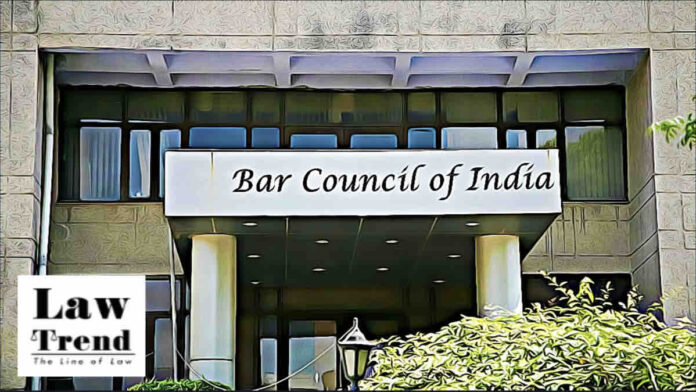In a significant move to enhance transparency and uphold ethical standards in the legal profession, the Bar Council of India (BCI) has issued a set of stringent regulations for all Centres of Legal Education (CLEs), including law colleges and universities across the country.
Strengthening the Integrity of Legal Education
The newly introduced measures require law students to undergo criminal background checks and make full declarations regarding their academic and employment status. This initiative is part of the BCI’s effort to ensure that individuals entering the legal field maintain high moral and ethical standards.
Criminal Background Disclosure
Under the new rules, law students must disclose any involvement in criminal activities, including any FIRs filed against them, as well as any past convictions or acquittals. The BCI aims to prevent individuals with criminal backgrounds from entering the legal profession. Students failing to provide accurate and complete information might face severe consequences, such as the withholding of their degrees or marksheets.
Academic and Degree Regulations
Reinforcing academic integrity, the BCI stipulates that law students cannot enroll in another degree program concurrently with their LLB studies, as per Chapter II, Rule 6 of the Rules of Legal Education (2008). This rule ensures that students dedicate their full attention to their legal education. Non-compliance could result in the denial of final academic credentials.
Employment and Attendance Protocols
The regulations also require students to declare their employment status. Those who are employed during their course must obtain a No Objection Certificate (NOC) from their employer. Additionally, the BCI has mandated strict adherence to attendance requirements, delegating to CLEs the responsibility to enforce these rules and report any discrepancies directly to the BCI.
Technological Measures for Compliance
To accurately monitor compliance with these guidelines, the BCI has directed all legal education centers to install biometric attendance systems and CCTV surveillance. The cameras are to be placed in classrooms and other critical areas, with footage preserved for at least one year to serve as a reliable method for attendance tracking and potential investigations.




